UNFPA on Wheels: mobile health clinics preserve human rights
UNFPA’s work is centered on meeting the reproductive health needs of every woman and girl, regardless of their income level, their circumstances, or where they live. Oftentimes, women face multiple barriers to accessible reproductive healthcare. For example, women who escape violence in conflict zones have limited access to healthcare for safety reasons and because they may simply be too far away from care.
In such cases, UNFPA utilizes mobile health clinics to reach every last woman and girl. The clinics fit into the back of large van or truck and are equipped with midwives and medical supplies. At the clinics, women can receive access to the full range of contraceptive options, prenatal appointments, and care after experiencing gender-based violence.
Below are six situations in which mobile health clinics were able to help women and girls:
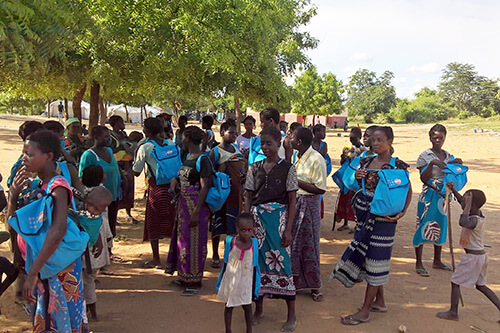
© UNFPA Mozambique/Vidal Mahundla
After Cyclone Idai
Cyclone Idai was one of the worst storms to hit eastern Africa in decades. Flooding and heavy rain left wreckage everywhere and the cyclone stranded many people. UNFPA supported 19 mobile health clinics to reach 300,000 people affected by the storms.
The agency also distributed dignity kits, which contain items like underwear, soap, and menstrual products, so women and girls can live with dignity, even in a natural disaster. Mobile health clinics, like the ones in Mozambique, are able to reach thousands of people with this care.
In migrant camps for Kachin people
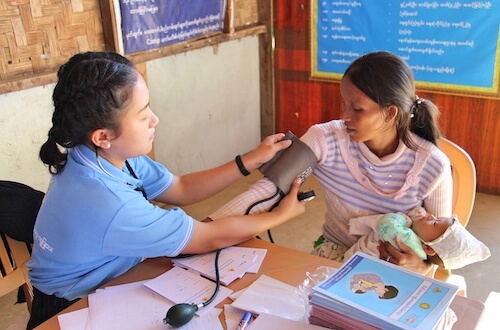
help them plan for a safe birth.
© UNFPA Myanmar/Yenny Gamming
In Myanmar, less than 2/3 of women go to all four prenatal check-ups and 1 in 6 rural women do not attend any appointments while they’re pregnant. Prenatal appointments drastically reduce the likelihood of complications during pregnancy and childbirth.
Ja Htoi was pregnant with her second child when she went to a UNFPA mobile health clinic. There, she found out she had high blood pressure, which can lead to death for mother and baby. Luckily, the mobile health clinic team made sure that Ja Htoi and her baby were healthy and safe.
In Afghanistan, for returning nationals
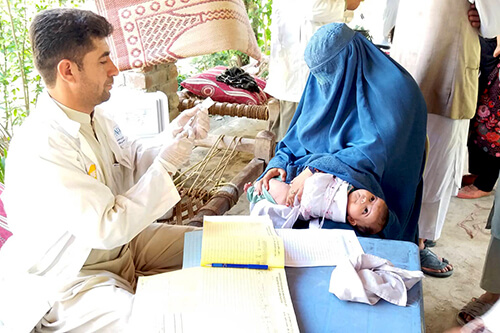
© UNFPA Afghanistan
Raihana was one of 600,000 Afghani refugees returning to their home country after spending two years in Iran and Pakistan to avoid conflict and natural disaster.
Healthcare systems were overburdened when the refugees returned, making it hard for clinics to serve everyone, including Raihana, who was pregnant with her fifth child. UNFPA mobile clinics assisted her with prenatal appointments, transportation to a hospital when she went into labor, and treated her baby who became sick with jaundice.
For rural Ukrainians
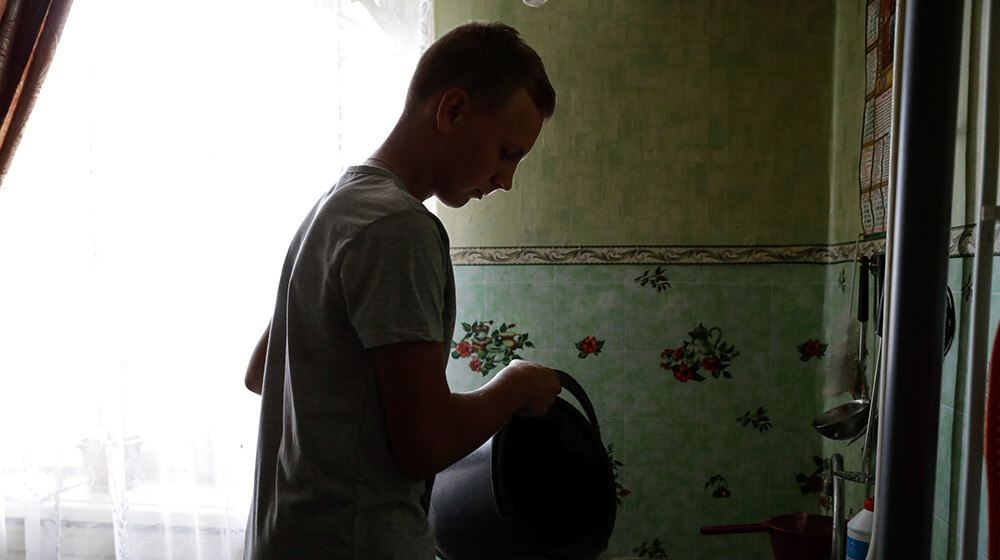
© UNICEF/UN0243125/Morris VII Photo
In Ukraine, people living in remote areas are able to access healthcare via UNFPA’s mobile clinics. Over 19,000 women received gynecological exams through the clinics. Gynecologists, family doctors, nurses, and social workers are essential parts of these clinics.
Without the clinics, many of these people would not have access to lifesaving reproductive healthcare.
In Turkey’s migrant labor camps
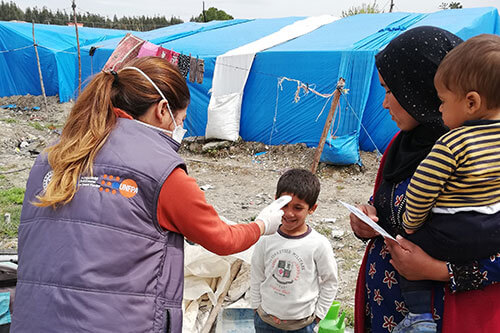
© UNFPA Turkey/Esma Yılmaz
In Turkey, Syrian migrants perform most seasonal agriculture work. These migrants face language and financial barriers to receiving healthcare in Turkey. To meet their needs, UNFPA mobile clinics perform primary care checkups and distribute vital information on the COVID-19 pandemic. Women like Meryem are able to have her children vaccinated by the clinics.
For refugees in Syria
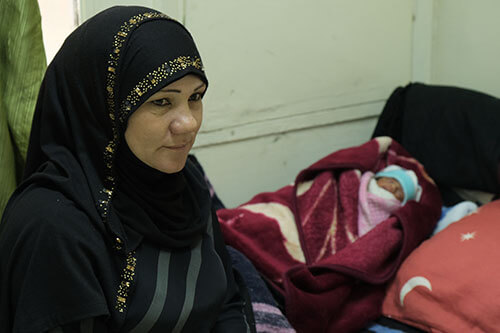
© UNFPA Turkey/Esma Yılmaz
In Syria, a country long scarred by conflict, UNFPA set up the first mobile hospital. Now, five UNFPA mobile hospitals serve tens of thousands of Syrians each year. Each one has a special room for pregnant women and a maternity ward.
But, UNFPA health officials say it is not enough. To address reproductive health and rights at the community level, more support is needed. For example, child marriage is an egregious abuse of human rights, but it is a common practice in Syria, where 13% of girls are married before their 18th birthday.
Mobile health clinics save the day
Mobile health clinics are one of the best ways to reach women and girls who face extreme barriers to accessing lifesaving healthcare. By taking the burden off of women and girls to travel long –and often dangerous- distances and by providing them with affordable services, UNFPA goes the last mile for every last woman in need of reproductive healthcare.